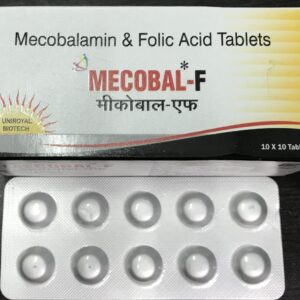Description
Gastrointestinal disorders are conditions that impact the gastrointestinal (GI) tract. This tract refers to the route taken by food as it moves through your digestive system—from your mouth to your rectum. Additionally, it includes vital organs like the liver, pancreas, and gallbladder. Some diseases of the digestive system might create issues that resolve quickly with treatment, while others can lead to more serious complications.
The Cleveland Clinic is an academic medical center that operates as a non-profit. Our website’s advertising helps fund our mission. We do not support products or services that are not affiliated with the Cleveland Clinic. Policy
There are two main types of GI diseases: acute and chronic.
Acute GI diseases occur suddenly and typically last only a short time. In contrast, chronic GI diseases can persist for many months or even years.
These conditions can also be classified as functional or structural.
In a functional GI disease, doctors find no visible physical issues upon examining the digestive tract. However, in a structural GI disease, healthcare providers can observe clear signs of a problem during their examination.






Reviews
There are no reviews yet.